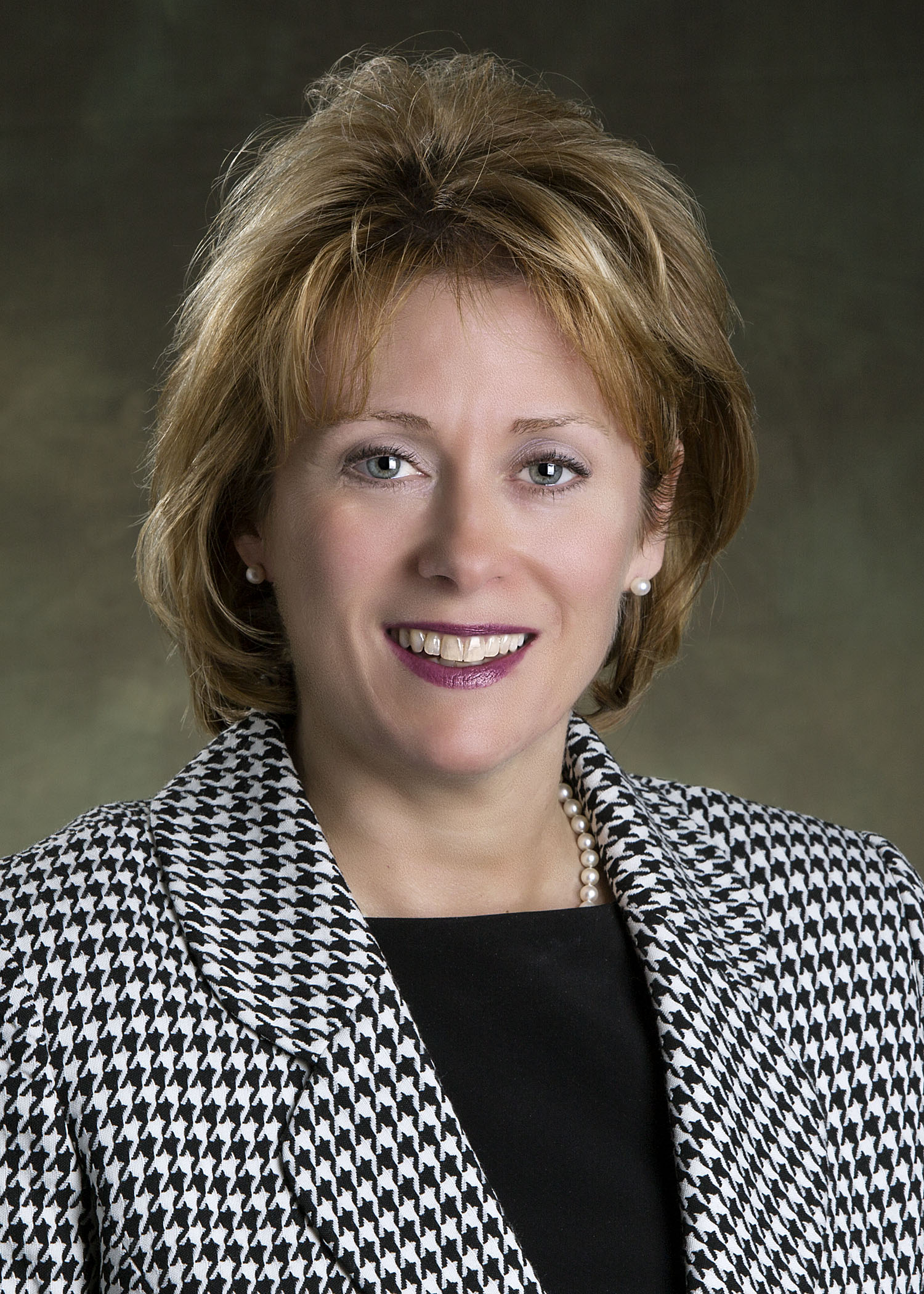Disclosure: I have an anxiety disorder, which perhaps makes me an expert on fearful thinking or skews my thinking thereabouts. I am also a clinical health psychologist but not a social psychologist.
I vacillate between feeling horror and sadness and fear and hope when I watch what is happening socially in the United States. I’m trying to figure it out the same as everyone else, but I am searching for a deeper understanding that will enable some sort of productive conversation. I’m searching for that bridge across differences, and interestingly enough, I believe it is fear.
Fear is neither good nor bad in and of itself. It is the meaning we make of our fear. There are times when fear will spur us to fix things in our lives that are out of sync. For example, if we smoke and also fear cancer, we may strive to quit smoking. There are other times when fear causes us to create false “what if” scenarios that become a cancer on our psychological and physical well-being.
Cancer is cell growth out of control that eventually kills healthy cells, organs, and body parts. I propose that alarmist, “what if” scenarios based on irrational fears about what might happen is like cancer of the mind. It is fear out of control such that it kills rational thinking and creates an explosion of negative emotions. Those negative emotions cause us to misjudge others’ intentions, jump to conclusions, overly focus on pessimistic outcomes, and act in ways that escalate our fears.
I believe that influencers are waging a fear war upon our thinking, and the inoculation is recognizing it.
The problem as I see it is that we are letting fear and the cancer of “what if” thinking (driven by influencers) skew our perceptions. We too easily jump to conclusions that people who have different beliefs and backgrounds are against us or have mal-intentions.
I find it ironic that people of all backgrounds have a common fear of difference. I fear a lack of difference. When everyone sees issues from the same perspective, it is like driving a car or plane or boat without the ability to see everything around us. That scares the hell out of me. It causes what psychologists term “group think,” and it is dangerous.
I caution people on all sides to be wary of others who stir up fear as a means to garner support for issues. The use of fear is becoming a weapon that divides us and drives us to irrational thinking. It is causing the “what if” cancer of the mind that leads to endless potential disaster scenarios.
What is the treatment for “what if” cancer? It is noticing that we are afraid. It is acknowledging it, but it is forcing ourselves to take a step back before judging and acting. It is asking ourselves, “What is the evidence to prove what I am thinking is true?” “How much am I creating because of what I am being pushed to believe?”
We have the ability to choose whether or not to conclude that a whole group of people stand for the same thing no matter what influencers tell us.
“What is the evidence?” is a method of challenging oneself to stop jumping to conclusions and stick to the facts. While we can’t necessarily stop fears from entering our minds, we have the choice of whether or not to feed into those fears. In fact, self-fulfilling prophecy suggests that we can make our beliefs come true if we believe them strongly enough. Why would we want to intentionally enact fear based scenarios?
Fear has a purpose in our lives, which is to help keep us safe. However, when we choose to create and enhance fear because of “what if” thinking, we are creating emotion-based, irrationality that will eventually lead to the disasters we fear. We create them. I emphasize choice because as humans, we have the ability to control our thoughts. We have the ability to choose what fears to focus on and what fears to feed.
Just because we think something doesn’t mean it is true. Take the time to challenge yourself. Don’t let the public rhetoric create the cancer of “what if” thinking that then poisons all that you see. Sweeping statements about “others” as if they are enemies isn’t true and isn’t useful. Differences are our strengths. Differences are what will help us survive as humans. We are more than we know. Others have that same potential if we allow it. Our commonality is fear, but our common goal is to thrive.
Published also on Medium.com

